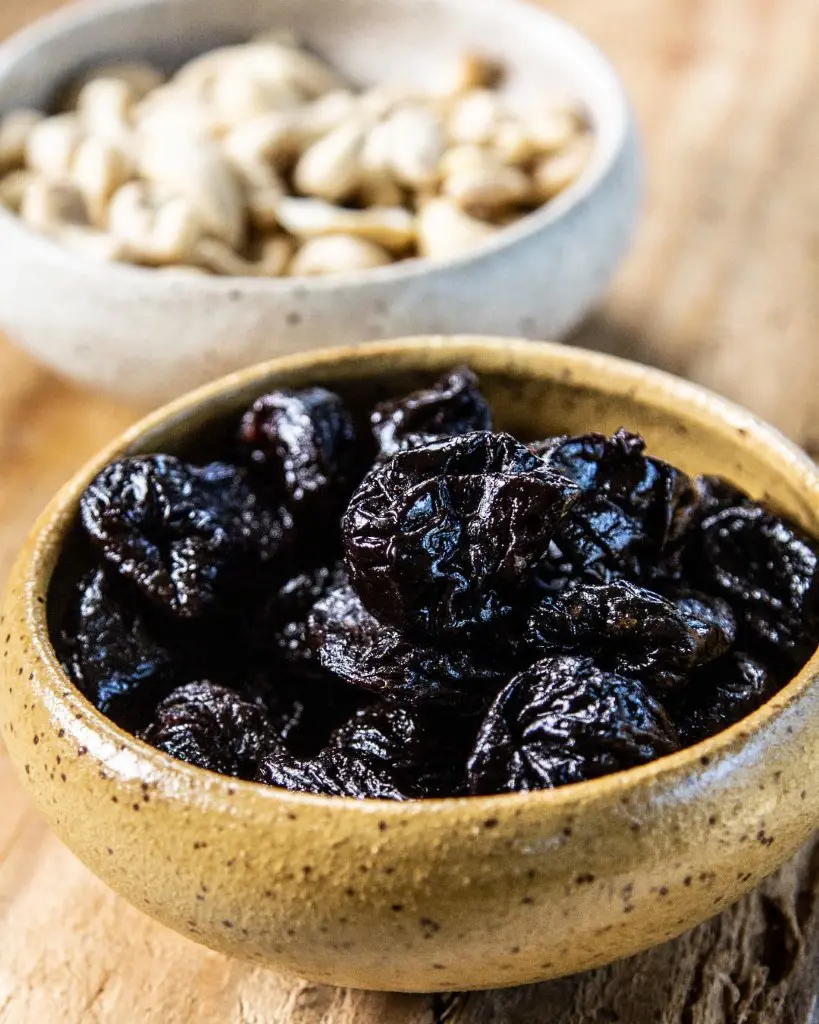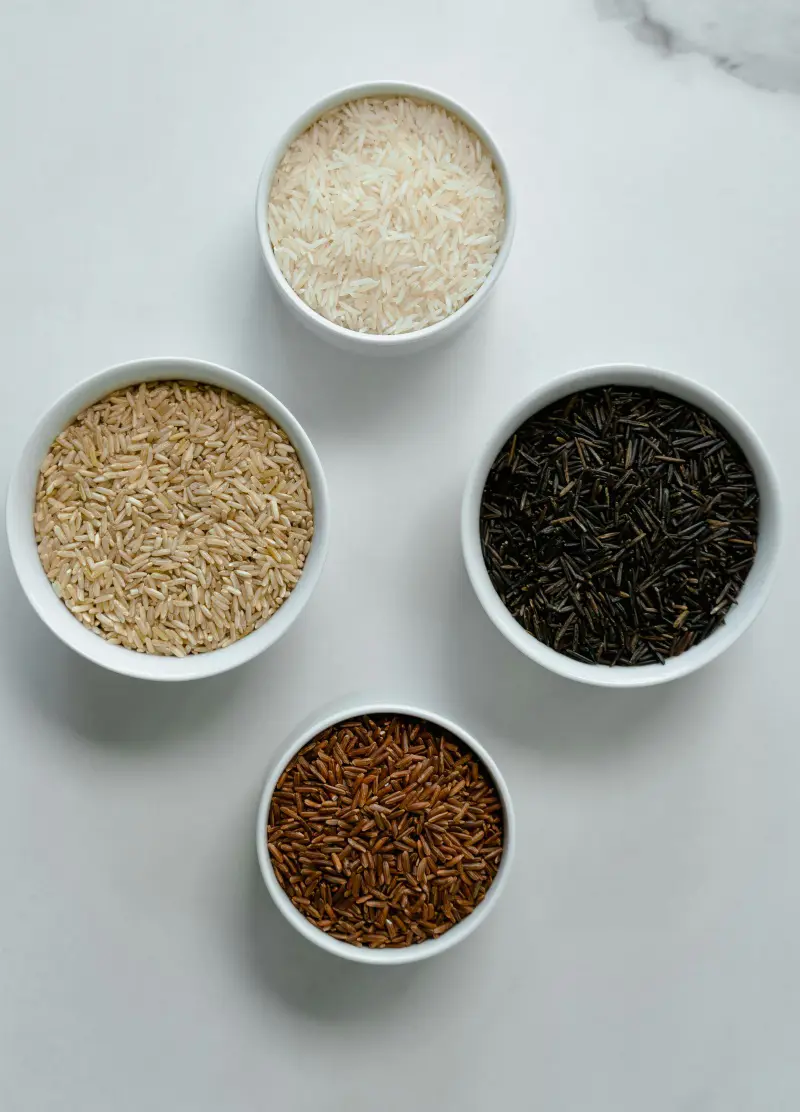MCT oil has gained popularity in recent years as a potential health supplement. Derived from coconut oil or palm kernel oil, MCT oil is composed of fatty acids that are shorter in length than those found in most other fats we consume.
Let's explore some of the most notable potential benefits of foods with medium chain triglycerides:
1. Potential for Lower Calorie Intake:
MCT oil contains about 10% fewer calories than long-chain triglycerides (LCTs). An analysis of 29 studies found a moderate association between MCT consumption and lower calorie intake. Some research suggests MCT oil might promote the release of peptide YY and leptin, hormones that contribute to feelings of fullness.
However, the link between MCT and appetite-related hormones remains inconclusive. Interestingly, one study observed that participants consuming 2 tablespoons of MCT oil with breakfast ate less at lunch compared to those having coconut oil.
2. Possible Impact on Body Composition and Weight:
Earlier studies indicated that MCT oil could help reduce body weight and waist circumference, potentially aiding in obesity prevention. A review of 13 randomized controlled trials found that MCTs supported modest improvements in weight loss, fat loss, and body size reduction.
However, it's crucial to note that many of these studies didn't account for factors like activity levels and overall calorie consumption. Additionally, the quality of some studies has been questioned, and industry funding may have influenced results.
3. Quick Energy Source:
The molecular structure of MCTs allows for rapid absorption and transport to the liver, bypassing the need for bile in the breakdown process. This quick processing means MCTs can serve as an immediate energy source.
For those following a ketogenic diet, MCTs can be converted into ketones in the liver, which can cross the blood-brain barrier and provide energy for brain cells. This unique property makes MCT oil a popular supplement among those following ketogenic diets.
4. Potential to Enhance Fat Burning:
Some studies have explored whether MCT oil could help the body preferentially burn fat for energy, especially during exercise. One older study found that athletes consuming 6 grams of MCTs before cycling used more fat for energy compared to those taking LCTs, though the difference was not substantial.
A randomly controlled trial showed increased fat burning during exercise in male participants consuming MCTs, but not in females. Overall, most studies have not demonstrated significant changes in the body's fat utilization after MCT consumption.
5. Possible Blood Sugar Management:
Early research suggested potential benefits of MCT oil for individuals with diabetes and metabolic syndrome. A small 2007 study of 40 people with diabetes found that daily MCT oil consumption led to reductions in body weight, waist circumference, and insulin resistance compared to corn oil (high in LCTs).
More recent studies on MCTs and blood sugar control have yielded mixed results. A review of 18 studies on coconut oil (high in MCTs) found that consuming it with a meal might slightly improve post-meal blood sugar control. However, long-term use of coconut oil was associated with increased insulin resistance, highlighting the complexity of MCT's effects on blood sugar regulation.














